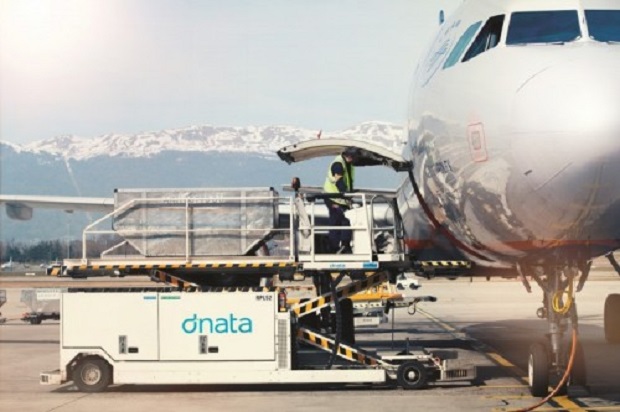
News
Sustainability
Feeding and Nutrition
Airport food scraps rerouted to fish farms
May 4, 2021 By Nestor Arellano
 (Image from: dnata)
(Image from: dnata) Food scraps from the airport will be taking a detour from their usual journey thanks to an innovative plan cooked up by global air service provider dnata and Blue Aqua Food Tech. The two organizations are joining forces to upcycle organic waste from dnata’s catering and ground handling operations into alternative insect protein for aquafeeds.
“This initiative will help us minimise our environmental footprint whilst delivering the highest value for our customers and the communities around us,” said Dirk Goovaerts, dnata’s regional chief executive officer for for Asia Pacific.
Dnata provides ground handling, cargo, travel, and flight catering services in 35 countries across six continents, dnata is a trusted partner for over 300 airline customers around the world.
It has signed a memorandum of agreement to work with Blue Aqua on its Waste-to-Protein Program.
The program aims to cut food waste across Singapore’s food supply chain through aquaculture.
Singapore plans to be a “Zero Waste Nation.” This would require achieving a recycling rate increase of 70 per cent. The country also set a “30 by 30” goal, aiming to have the nation produce 30 per cent of its food domestically by 2030.
Aquaculture plays an important role in the future of Singapore’s food security. However, many local farms and land-based aquaculture facilities still rely heavily on imported feed and raw materials.
Singapore imports more than 90 per cent of its food, yet, its food waste amounts to 744,000 tonnes annually. Today, less than 20 per cent of Singapore’s food waste is recycled.
“Blue Aqua has been a strong advocate for sustainable and practical farming since its inception. This partnership with dnata is a perfect fit,” said Dr Farshad Shishehchian, CEO and founder of Blue Aqua. “We are excited to grow our efforts in food technology to develop a circular economy in aquaculture globally through our network, starting with Singapore.”
Print this page